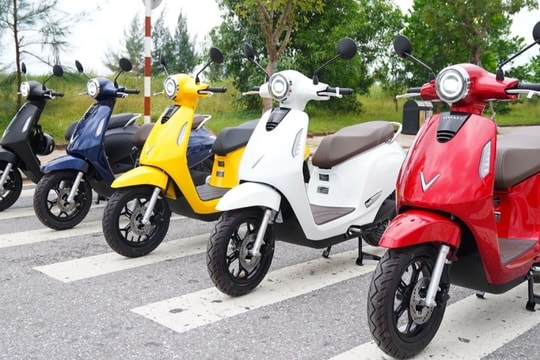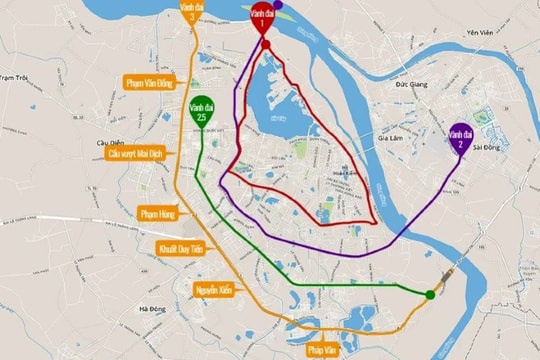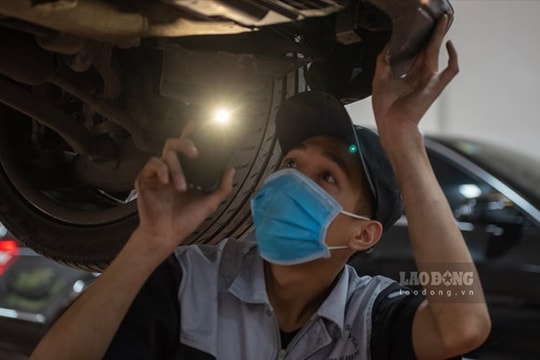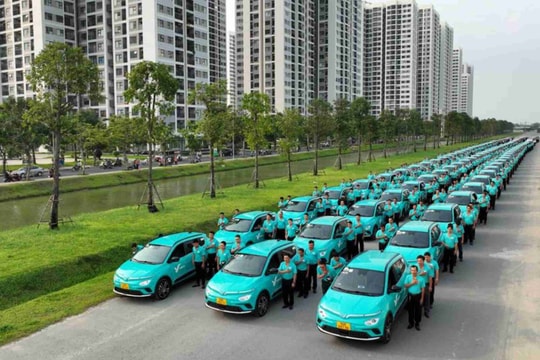Roadmap to ban gasoline vehicles in 2026: Hanoi deploys financial support for electric vehicle conversion and charging station infrastructure development
It is expected that a series of mechanisms and policies of Hanoi city will be issued to realize the conversion of green transportation means and develop electric vehicle charging station infrastructure in the area.
Diverse financial support packages for people to buy electric vehicles
According to a report by the Hanoi Department of Construction, the draft Resolution on converting to green vehicles and developing a charging station system is being consulted with departments and branches with many attractive support policies.
Regarding direct support, the city will provide financial support to individuals who own motorbikes and scooters using gasoline or diesel fuel (registered before the Resolution takes effect) in low-emission areas when switching to green vehicles with a value of VND 15 million or more.
The support level is classified by subject: maximum 3 million VND/car for ordinary people, 4 million VND/car for near-poor households and 5 million VND/car for poor households. Each individual is supported with one car until the end of 2030.
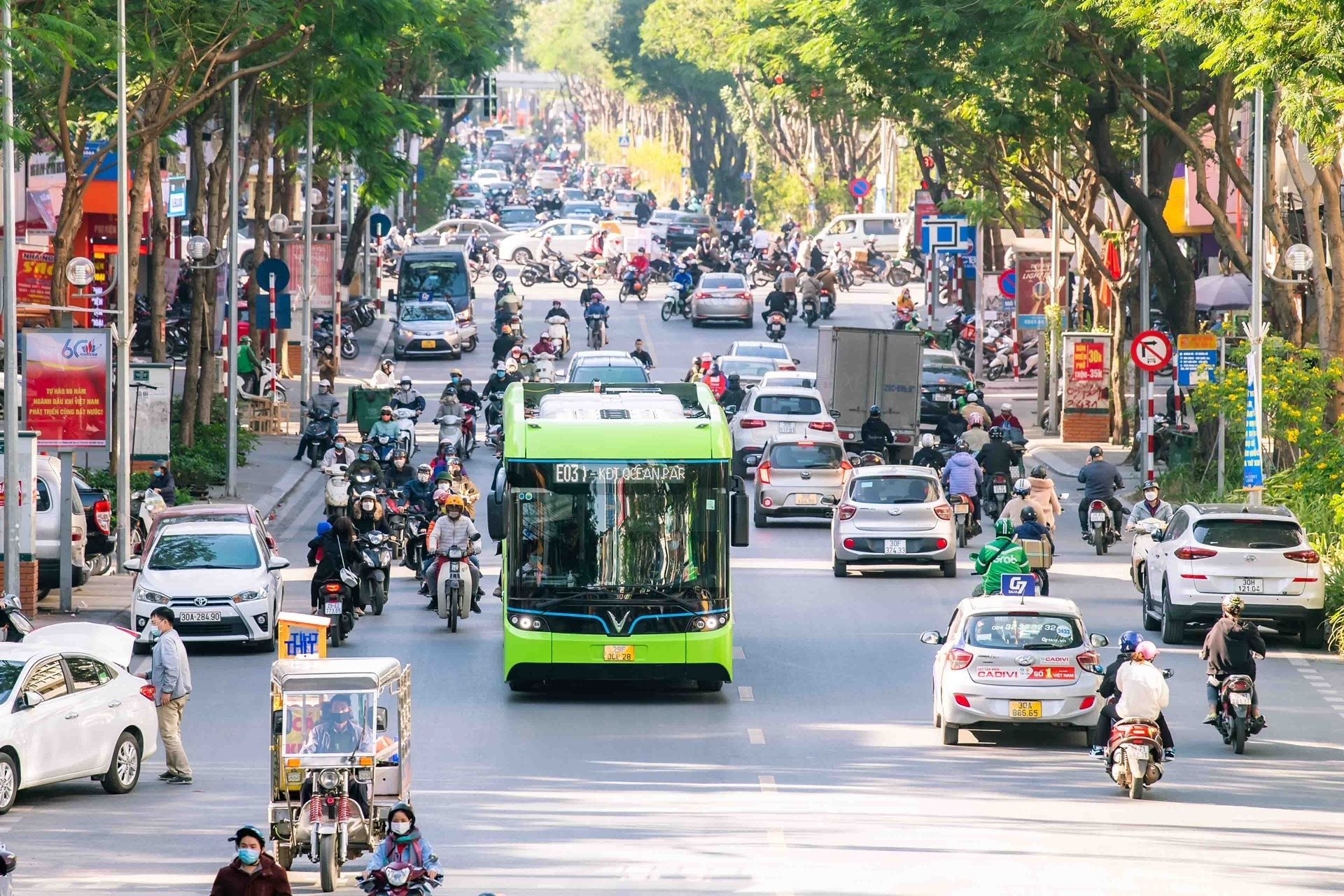
Preferential loans and free fees to buy electric cars
The city also supports preferential loans with an interest rate of 3-5%/year, a limit of 100% of the loan contract value and a loan term of no more than 5 years. The subjects include public service units, passenger transport businesses (except buses) and goods when investing in purchasing green transport vehicles, as well as businesses investing in facilities for collecting and recycling old vehicles.
In particular, the city budget will support 100% of registration fees and license plate registration fees for green vehicles from the effective date of the Resolution until the end of 2030. The city also stipulates preferential prices for parking services for green vehicles.
Mandatory requirements for electric vehicle charging stations at construction sites
To ensure infrastructure service, Hanoi requires that by the end of 2026, at least 10% of parking spaces at existing projects must have charging stations. For new projects, this rate will increase to 30%, while at the same time, priority will be given to building charging stations on sidewalks and encouraging investment in hydrogen and other clean fuel charging stations.
Big incentives for clean energy infrastructure investors
The city budget commits to supporting 70% of bank loan interest in the first 5 years for clean energy station infrastructure investment projects.
Bus station and parking lot projects with at least 30% of parking spaces having charging stations will be supported with 50% of site clearance costs and 100% of land rent for the first 5 years.
The city also ensures adequate energy supply, free support for survey, grid connection design and promotion costs.
In particular, the city strongly encourages investors to participate in developing clean energy transport infrastructure through the form of PPP (public-private partnership). These investors will be given priority in land allocation and 100% support for land rent at planned locations until the end of 2033.
Strengthening sanctions and supervision
The city will collect traffic fees and adjust parking service prices according to the roadmap for polluting vehicles. Hanoi will install surveillance cameras and organize patrols. Violations of emissions or entering restricted areas will be subject to administrative fines at a high level, up to twice the current regulations.

